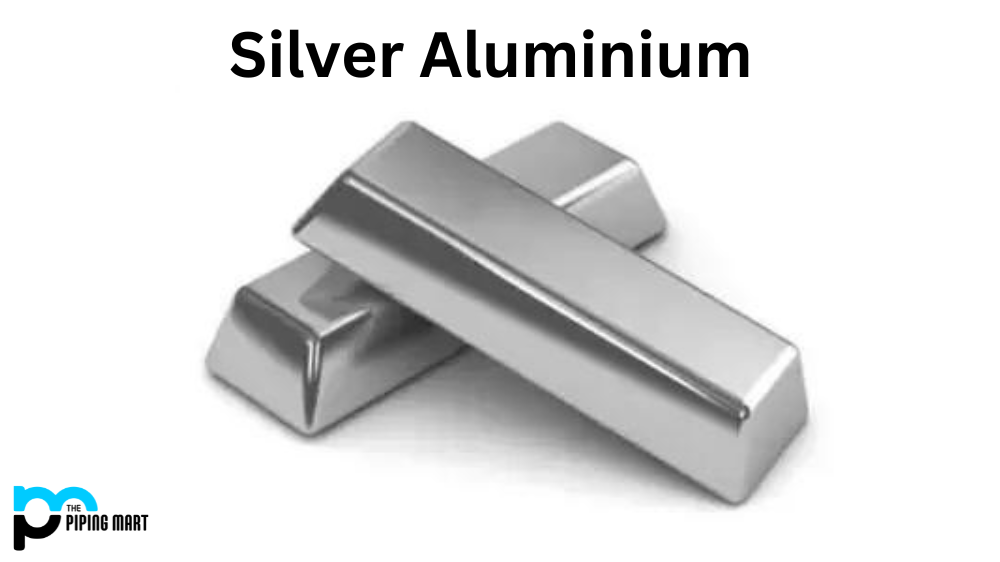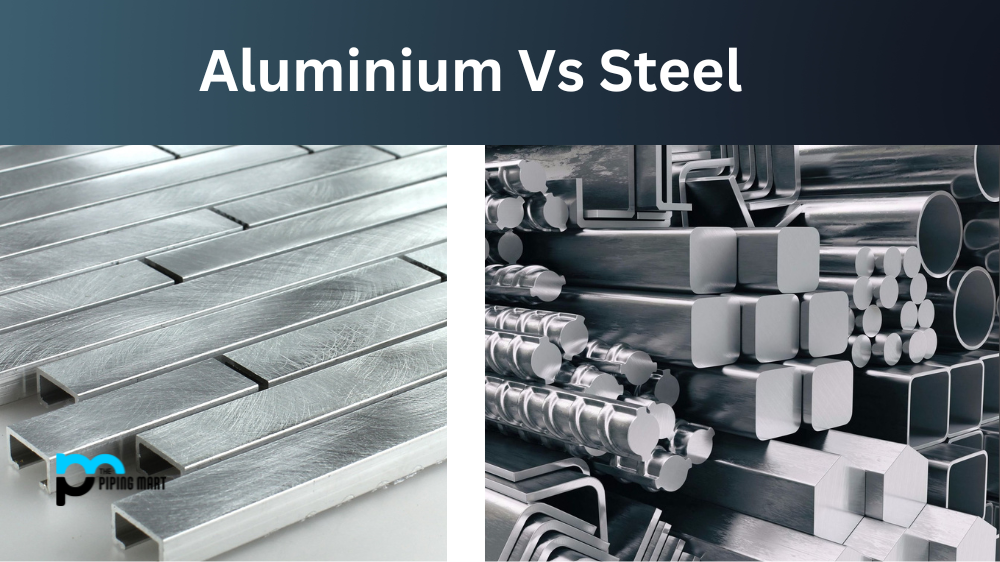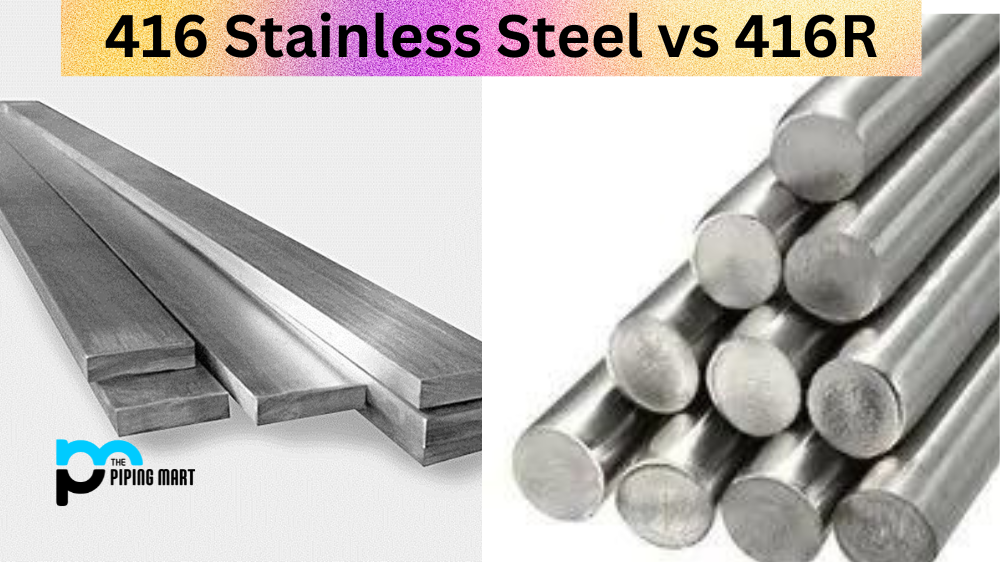You may have heard the terms “erosion” and “corrosion” thrown around, but do you really know what sets them apart? While these two processes sound quite similar, they are actually quite different, and understanding the difference between them is important for many fields of science and engineering. Let’s explore this in further detail!
Erosion
Erosion is the process by which the action of wind, water, or ice wears away rocks and other materials. Over time, erosion can cause mountains to become valleys and can create new landforms such as canyons and rivers.
Corrosion
Corrosion is the process by which metals are slowly eaten away by chemical reactions. This can be caused by air, water, or other chemicals exposure. Over time, corrosion can weaken metal structures and lead to their failure.
Difference Between Erosion and Corrosion
Erosion occurs when water, wind, or ice wears away at a surface over time. It can occur on land surfaces such as mountains, cliffs, or coasts, as well as underwater. It is usually caused by natural events such as storms or floods that carry sediment away from its original location. This process can be slow or rapid, depending on the conditions present. For example, sandstone cliffs near oceans may erode more quickly due to constant wave action against them.
Corrosion, on the other hand, is a chemical reaction where metal reacts with oxygen in air or water to form rust. Rust is an oxide substance that weakens metal components over time. Corrosion can occur indoors and outdoors and usually happens slowly over time unless environmental conditions are particularly harsh (such as high humidity). The corrosion rate also depends on the type of metal being corroded- some metals corrode more quickly than others. For example, iron will rust much more quickly than stainless steel due to its higher reactivity towards oxygen molecules in air or water.
Effects of Erosion & Corrosion
Both erosion and corrosion can have serious effects on structures and environments if left unchecked. For example, coastal erosion can lead to land loss, threatening habitats for animals living along coastlines. On the other hand, corrosion can weaken metal components making them less structurally sound, which poses a safety risk for people using those components in their daily lives (such as bridges or buildings). To prevent these negative effects from happening, engineers often use materials that are resistant to either erosion or corrosion depending on what environment those materials will be used in (e.g., using stainless steel instead of regular steel in outdoor applications).
Similarities Between Erosion and Corrosion
Both erosion and corrosion can cause materials to be slowly worn away over time. Additionally, both processes can lead to the failure of structures made from those materials.
Effects of Erosion
The effects of erosion depend on the type of material that is being eroded. For example, if a rock is eroded by wind, the rock will eventually be reduced to sand. If a metal is being corroded by water, the metal will finally be weakened and may break apart.
Effects of Corrosion
The effects of corrosion depend on the type of metal that is being corroded. For example, iron will rust when it comes into contact with water and oxygen, while aluminum will form a protective oxide layer that prevents further corrosion.
Conclusion:
In conclusion, erosion and corrosion are processes with very different causes and effects that should not be confused. Understanding when each process occurs can help you make informed decisions about how best to protect your environment from either one! Whether you need more information about erosion or corrosion specifically, there are plenty of resources out there to help you find out more about either topic!

A passionate metal industry expert and blogger. With over 5 years of experience in the field, Palak brings a wealth of knowledge and insight to her writing. Whether discussing the latest trends in the metal industry or sharing tips, she is dedicated to helping others succeed in the metal industry.




